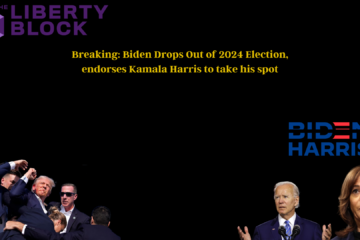On July 12th, Governor Sununu signed HB 480 into law, allowing the NH Lottery to offer sports betting for professional sports other than collegiate athletics. While betting on sports is a controversial political and ethical issue for many, the fewer acts that are illegal, the more free the citizenry.
In May of 2018, the Supreme Court struck down a federal law which had stood for 26 years. This unique federal law mandated that every state in the union create laws prohibiting sports betting. The federal law granted Nevada, Oregon, Montana, and Delaware grandfather/exceptions, because the states already had sports betting at the time. Since the 2018 ruling, 15 other states have legalized sports betting to some extent.
The positive implications of the ruling and HB 480 in New Hampshire are numerous. Firstly, the authoritarian federal law which violated the 10th amendment was finally struck down, itself a massive win for liberty. Secondly, it is great that New Hampshire has allowed its citizens to have more freedom. Thirdly, allowing the NH Lottery system to expand into an entirely new market could bring us one step closer to abolishing taxation (also known as theft/extortion by government enforcers).
In New Hampshire, the state-run lottery system obtains all of its revenue via voluntary actions. People who buy lottery tickets do so because they want to, not because a man with a badge and/or gun is forcing them to give up their money. They see value in lottery tickets, so they spend their own money on them. Compare this to standard taxation, a scenario in which people have no choice but to pay the government under the threat of violent force being used against them. The state lottery system made $384 million last year, and sent over $100 million to the state education fund. That is $100 million less that must be raised via mandatory taxation. Now that the New Hampshire government will also operate in the sports-betting space, their total annual revenue could grow tremendously.
The lottery system is only one of a few non-coercive methods currently used by the state government to raise revenue. We discuss some of the other methods in another article. Should we get to the point that the New Hampshire government takes in $6 billion in revenue by voluntary means each year, they will no longer have to extort anyone ever again!


